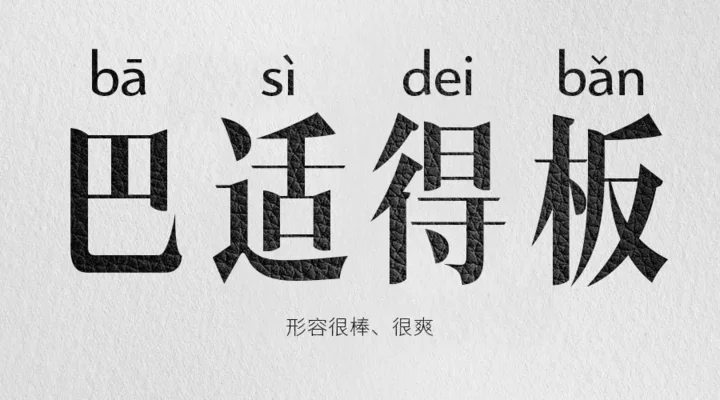The 10 most difficult to understand dialects in China
Chinese Mandarin is notoriously complicated in the world, and it is regarded as the "most difficult" language by foreign friends. However, Chinese culture is broad and deep-rooted. Of course, there is dialect that is harder to learn than Mandarin.

1. Wenzhou dialect
It is said that there is such a saying, that you are not afraid of the sky and the earth, and afraid that Wenzhou people will talk nonsense. It is said that during the Anti-Japanese War, the Eighth Route Army troops sent two Wenzhou people to communicate with each other by telephone or walkie-talkie due to the need for confidentiality, and the Japanese intelligence department could not always translate this extremely complicated Wenzhou dialect. It can be said that the Wenzhou people at that time played a considerable role in the victory of the Anti-Japanese War.
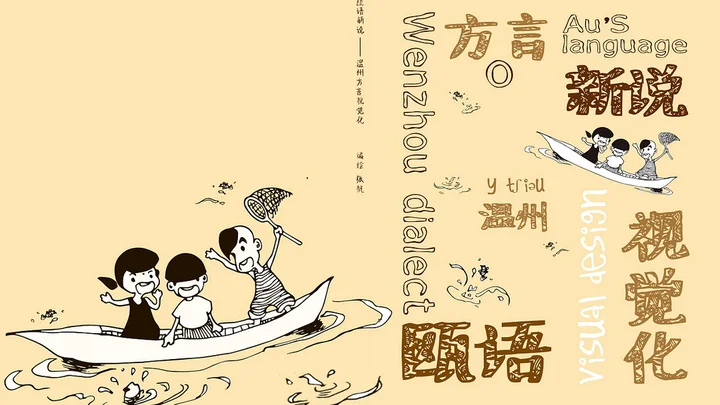
2. Chaozhou dialect
Chaozhou dialect retains the phonetic system of eight-tone spelling, and the pronunciation is complicated. There used to be sixteen tones (actually sixteen initials), but now it is eighty, and the dialect is too mixed to be easy for outsiders to learn.
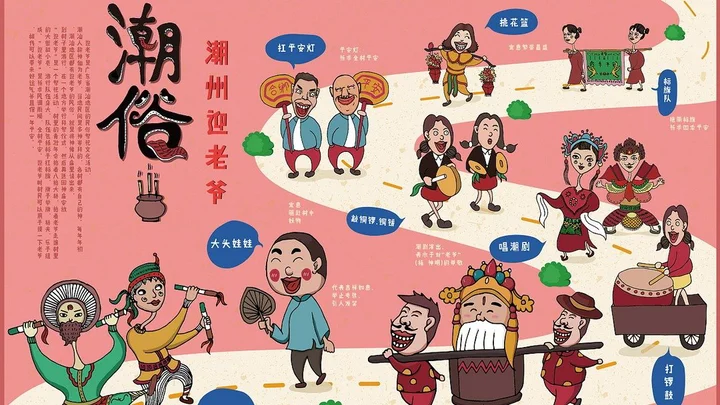
3. Cantonese
Cantonese has nine tones and six tones, which perfectly retains the characteristics of ancient Chinese, and at the same time retains the most complete language of Middle Chinese. The pronunciation of many words is very different from Mandarin.

4. Hakka dialect
The Hakka dialect was initially finalized in the Southern Song Dynasty, and was named Hakka dialect in the 20th century. In China, it is considered one of the seven major Chinese dialects. In linguistic academic research, the Meizhou dialect with Meicheng accent in Meizhou (Meijiang District and Meixian District) is the representative, but in reality Huiyang dialect is more influential; in Taiwan, it is represented by the four-county accent.
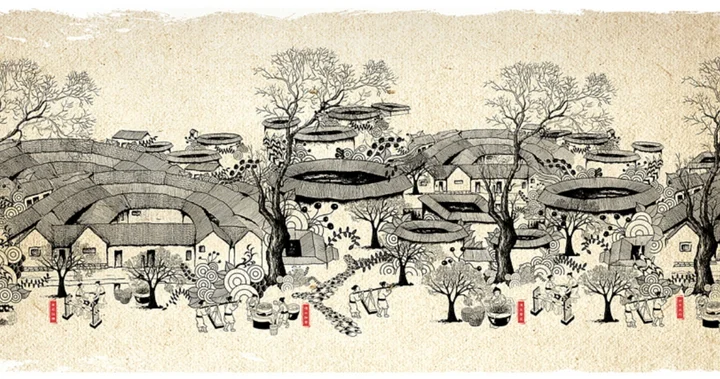
5. Hokkien -Leizhou Dialect
The pronunciation of Leizhou dialect is very similar to that of Thai. Most locals who can speak Leizhou can understand Thai (Correction by native speakers: they are not similar and most locals do not understand. There are many Pali words in Thai, Leizhou dialect) It has some similarities with Chaoshan dialect).
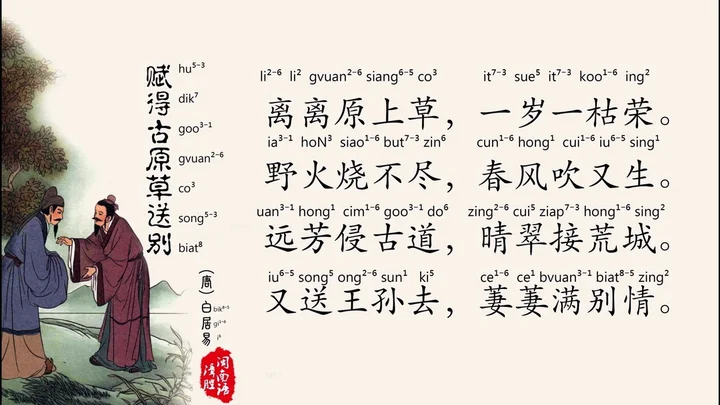
6. Mindong dialect
There are 18 cities and counties in the Mindong dialect, roughly including the historical possessions of Fuzhou Prefecture and Funing Prefecture. In the second year of Emperor Yongzheng in the Qing Dynasty (1724), Funing Prefecture was the government, the political area was the same, the long-term common political, economic and cultural life, with language commonality, formed the common characteristics of Mindong dialect.
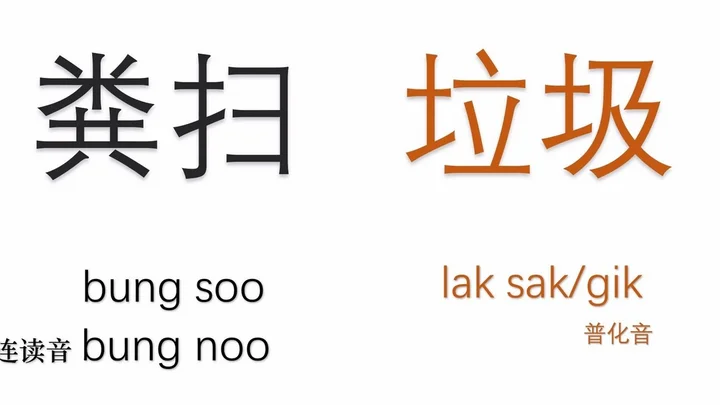
7. Wu Dialect-Suzhou Dialect
Suzhou dialect embodies a strong ancient meaning and a kind of bookishness. It is called "Wu Nong's soft language". The biggest feature is "soft", especially for girls. Among several other dialects of Wu dialect, they are not as gentle as Suzhou dialect. There is a saying that you would rather listen to Suzhou people quarreling than Ningbo people, which fully explains the "softness" of Suzhou dialect.
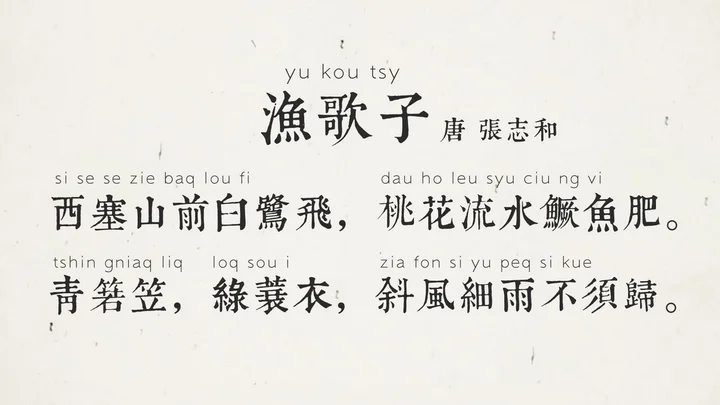
8. Wu dialect-Shanghai dialect
There are many similarities between the Shanghai dialect and the Suzhou dialect and Jiaxing dialect that belong to the Wu dialect-Taihu dialect-Suhujia small film. The Ningbo dialect of Wu dialect and Taihu dialect has the greatest influence on Shanghai dialect in modern times.
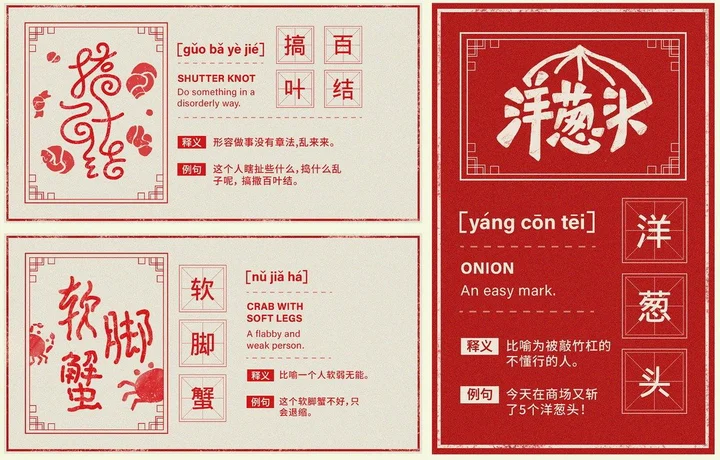
9. Shanxi dialect
Shanxi dialect (this is a non-existent pseudo-concept. Shanxi dialects include Jin dialect in northern Shanxi, Guanzhong dialect in Central Plains in Guanzhong, and Southwest Mandarin in southern Shanxi). Because of the geographical feature of Shanxi, the east and west are narrow and north and south, the local dialects are very different, and even the same sentence has different meanings because of the different accents and the speed of speech.

10. Sichuan Dialect (Southwest Mandarin)
The Sichuan dialect phonetic system has 20 initials, 36 vowels, 4 tones, and the phenomenon of vowelization. Due to the large population of Sichuan and many people who go out to work, Sichuan dialect is familiar to many people.
